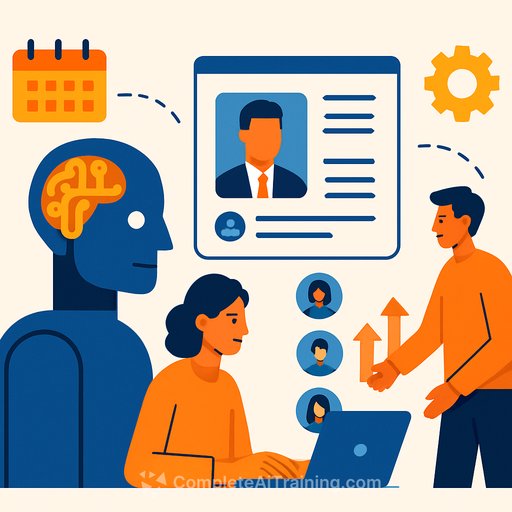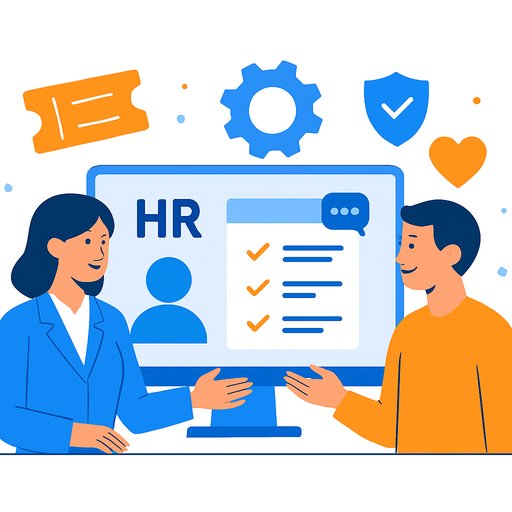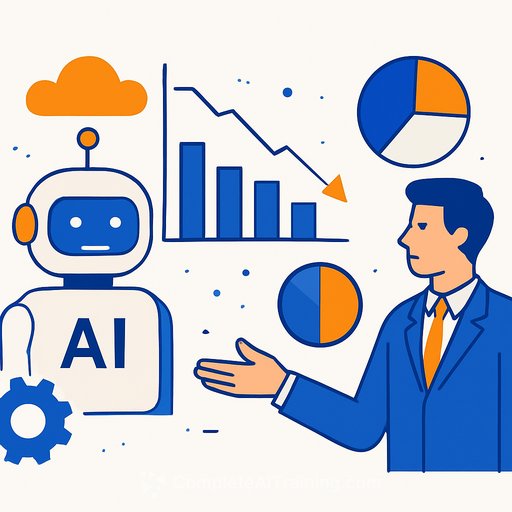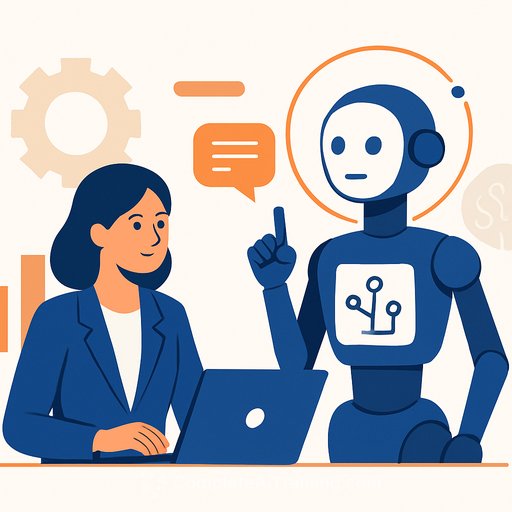AI in HR: Exploring Its Impact on Recruiting, Retention, and Beyond
Artificial intelligence is changing how Human Resources teams operate, making hiring, managing, and supporting employees faster and more efficient. Tasks that once took hours can now be automated or streamlined, freeing HR professionals to focus on higher-value work. From resume screening to predictive retention tools, AI is reshaping many HR processes. Beyond simple chatbots or voice assistants, AI is helping businesses make smarter decisions throughout the employee lifecycle.
AI in the Hiring Process
Hiring used to mean sifting through countless resumes, scheduling multiple interview rounds, and hoping the chosen candidate stays long-term. AI now simplifies these steps by automating resume screening with keyword and skill matching, providing recruiters with a focused shortlist.
Some organizations use AI-powered video interviews. These tools analyze tone, facial expressions, and speech patterns to assess candidates. While promising greater objectivity and reduced bias, the accuracy of these assessments depends on how well the AI is trained. Properly implemented, AI can complement human decisions by offering unbiased initial screenings.
Onboarding and Training With AI
AI doesn’t stop at hiring. It also supports onboarding by guiding new employees through training at their own pace. This personalized approach reduces repetitive HR tasks, like answering common questions about company policies or benefits, often handled by chatbots or virtual assistants. This frees HR teams to focus on more complex onboarding needs.
Performance Management and Employee Engagement
Traditional annual reviews are giving way to AI-driven, real-time performance tracking. These tools analyze data continuously to provide timely feedback. Additionally, AI can gauge employee sentiment by analyzing communications such as emails, chats, and surveys, helping HR monitor morale and engagement before issues escalate.
AI in Workforce Planning and Retention
Predictive analytics powered by AI help identify employees at risk of leaving by analyzing engagement scores, absenteeism, and performance data. This enables proactive retention efforts. AI also supports succession planning by objectively assessing skills and career paths to identify future leaders without favoritism.
Moreover, AI forecasts staffing needs based on business cycles and project pipelines, reducing risks of understaffing or overstaffing.
AI and the Termination Process
Terminations are sensitive, but AI can offer data-driven insights by monitoring performance, attendance, and engagement to flag concerns early. This allows managers to intervene with coaching before reaching termination decisions.
AI can also detect policy violations by analyzing workplace communications and behavior patterns. However, this raises ethical and privacy concerns. AI should never replace human judgment or due process in firing decisions. Instead, it should serve as a tool to support HR professionals.
Ethical, Legal, and Privacy Concerns
- Bias and Discrimination: AI may inherit biases from its training data, causing unfair outcomes.
- Transparency and Explainability: It can be unclear how AI reaches conclusions.
- Data Privacy: Handling sensitive employee data increases risks of breaches.
- Consent and Fair Use: Employees might not know how their data is collected or used.
- Legal Compliance: AI decisions must align with labor laws and anti-discrimination rules.
- Job Displacement: Automation can create insecurity about human roles.
- Accuracy and Reliability: Mistakes in AI assessments can lead to unfair treatment.
Potential impacts include unfair hiring or firing, legal risks, damaged trust, regulatory penalties, and employee dissatisfaction.
Mitigation strategies involve using diverse training data, regular audits, transparent AI models, strict data security, informed consent, maintaining human oversight, reskilling employees, and combining AI insights with human judgment.
The Future of AI in HR
AI will increasingly assist HR professionals rather than replace them. Emerging tools aim to be more empathetic, using natural language processing and emotion recognition to better understand employee concerns like burnout and mental health.
Immersive technologies such as virtual and augmented reality may enhance training and onboarding, creating engaging, realistic learning experiences. Voice-enabled AI assistants could simplify HR interactions, letting employees update information or get coaching through natural conversation, boosting convenience and accessibility.
Ethical AI governance will be crucial. Companies should focus on auditing algorithms, ensuring fairness, and maintaining transparency to keep employee trust.
Conclusion
AI can enhance HR by improving decision-making, streamlining workflows, and offering valuable data insights while keeping human judgment central. When used thoughtfully, AI and human expertise together can create smarter, more compassionate workplaces where both organizations and employees thrive.
For HR professionals interested in expanding AI skills, exploring AI training courses tailored to your role can provide practical knowledge to better leverage these tools.
Your membership also unlocks:






